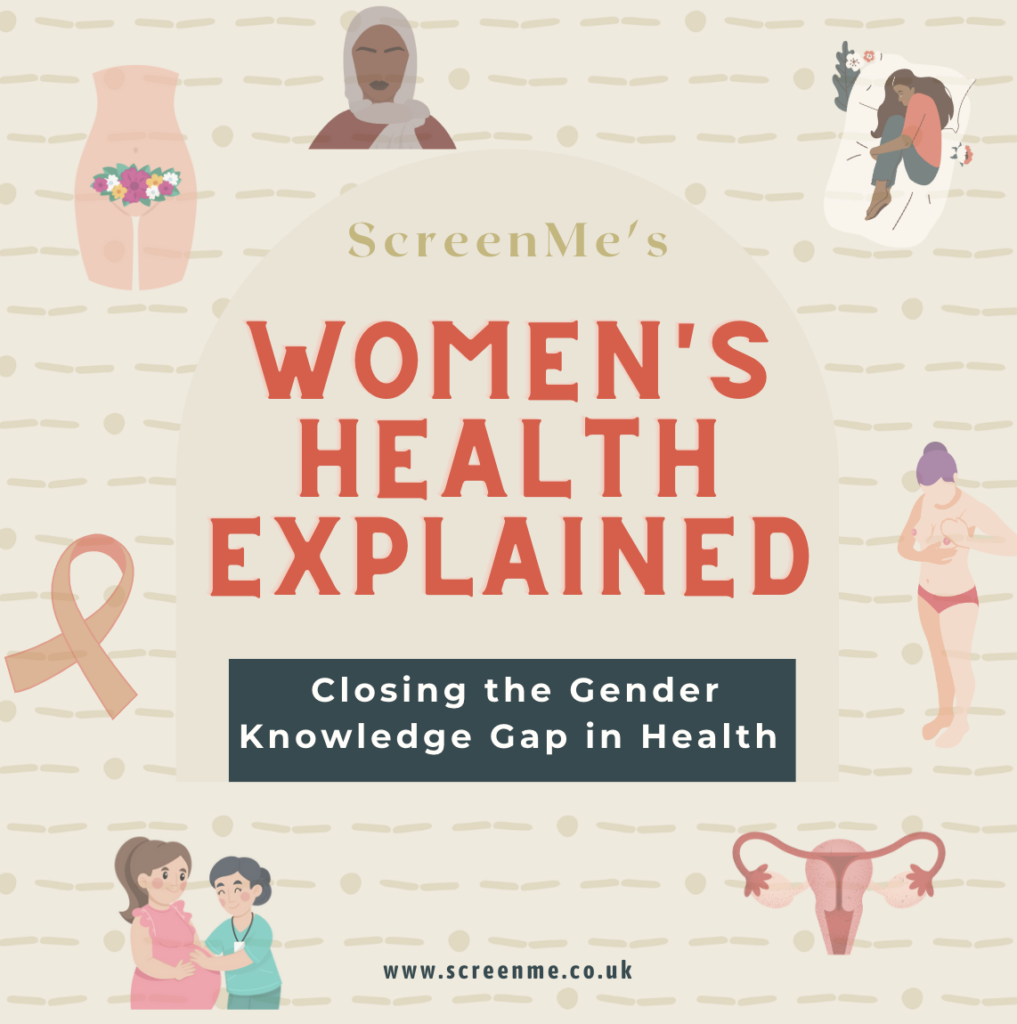On the first episode of Season 2 of our podcast — Women’s Health Explained by ScreenMe, we chat about surrogacy in the law with the wonderful Nathalie Sutherland.
Jess and Natalie chat about the new surrogacy recommendations and what this means for those trying to go down this route. This includes: when a child is legally ‘yours’, what the law means, how this may change, and what you need to do should you decide to go down this route.
This is must-listen not just for those considering surrogacy, but for everyone interested in how the law can affect parenthood! Particularly as 2023 marks the first year that children born via egg/sperm donation, can legally find out their birth parent – this looks set to be a hot topic of public debate surrounding what rules, limits or regulations we should put in place to make this process go as smoothly as possible!
Here’s a quick summary of some of the topics spoken about!
New surrogacy law recommendations:
Current UK surrogacy law and the Law Commission law reform proposals that have been in the news recently. It will be really interesting to see if the government changes the law in line with these recommendations, as this would change a lot of things for those going through surrogacy. Currently, intended parents have to wait 6 weeks from their birth to get legal status — but in reality, this process often takes up to a year. This can cause difficulties, particularly regarding consent and medical treatment, which ultimately can be dangerous for the child. The new recommendations advise to change this so that intended parents would instead get legal status from birth. Natalie walks us through what these means for everyone involved in the process, from a legal standpoint.
Commercial surrogacy:
Of course, surrogacy is a really sensitive issue, so Jess and Natalie chat about protection for surrogates, intended parents, and the child themselves. It can be a really difficult field to navigate and every situation is so different, that it is such an interesting part of law to be a part of! Topics raised include — commercial surrogacy and how much constitutes an appropriate ‘living cost’ in countries, like the UK, where commercial surrogacy is not permitted.
Storage laws:
Another piece of fertility law that has changed recently are storage laws, whereby egg or sperm can now be frozen for up to 55 years, when previously it was 10 (apart from in some exceptional circumstances such as if you were diagnosed with some cancers). Natalie and Jess chat about some of the legal issues which can be raised by storage — including what happens if you store embryos with someone and then later break up.
Donor anonymity:
While many of us may have forgotten that in 2005 the law changed surrounding donor anonymity, it is likely to be something that will appear on our radar in the next few years — as 2023 marks the first year that children born via donation are able to legally find out their biological parent. Of course, this raises issues including what support these children get, whether they have the right to be told that they were born via donation (as some parents may not have told their children), and so much more!
In/Fertility in the City:
Natalie is a huge part of In/Fertility in the City, an organisation aimed at opening up the conversations surrounding fertility in the workplace — which she gives more detail about in the podcast. This great organisation organises panels, webinars, discussions and more, discussing the impact that fertility struggles can have on your professional life. They also work with firms to explore what they can offer their employees regarding fertility allowances and care — such as paid leave, financial support, rest & recovery time.
We hope that you enjoy listening, just as much as we loved recording this episode!
Fariba Khonsari



